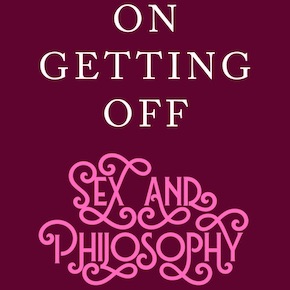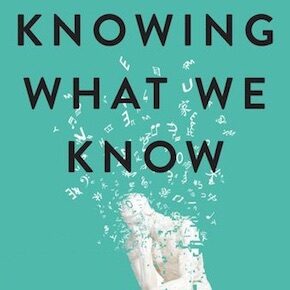
After the deluge: Knowledge in the magical age of (mis-/dis-) information
A new book by Simon Winchester has just come out. The mere fact in itself is thrilling and exciting. For over 50 years, Winchester has been critically informing his readers as a journalist for the Guardian, the Daily Mail or The Times, and as an author of political histories of troubled places and troubling times,...
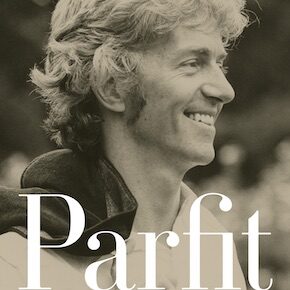
The Book of Derek Parfit
Walk around Oxford on any reasonably warm and relatively sunny day and, as you inevitably reach the Radcliffe Camera, you will invariably witness a perennial phenomenon: along a high, practically unclimbable and unassailable, Headington-stone-yellow and castle-worthy wall, there will be an impressive line-up of young people sitting down restfully, or leaning languidly against that Corallian...
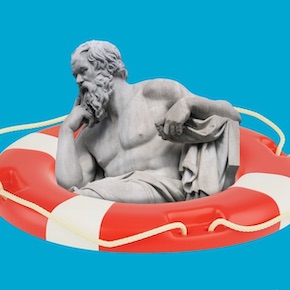
Have you ever met the Greeks? They bear the most vital, wondrous gifts…
Nearly two and a half thousand years ago, a very old man slept in a bare prison cell. He was not alone, however. An old friend was watching over him, reluctant to wake him up to the day that would mark the end of his life. It is a cameo of extraordinary tenderness and humanity,...
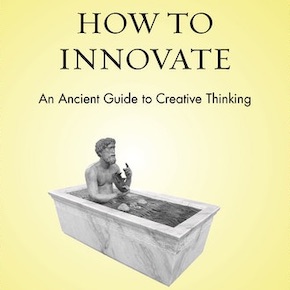
Old news: the origins of originality
The ancient Greeks are old news to us, or so we appear to be claiming. For some, at this very specific moment in time, they are not just antiquated, or relegated to the shades of oblivion, they are practically obsolescent, an existential black hole, even a socio-political and ethical-historical anathema. The question of the Greeks...
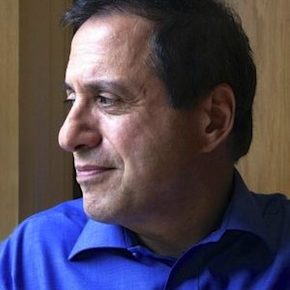
Armand D’Angour: A classically philosophical life?
There are books that leave you silent – with awe, or shock, or both. And then there are some others that make you yearn for the space in between silence and voice: for a space for more of the author’s thoughts, a space for questions, for engaged and engaging exchanges. Armand d’Angour’s books belong to...
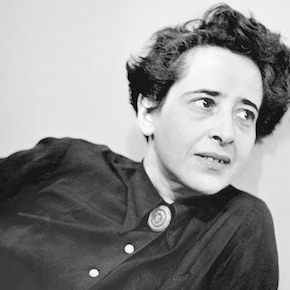
A thousand and one tales of a philosophical life
What can Hannah Arendt possibly teach us today? What was, and still is one hopes, her indelible imprint on the world, on our humanity, on what she so unwaveringly upheld as civilisation? And who was she? How did she become that singular multitude of perspectives, human facets, existential and conceptual spaces that can certainly lay...
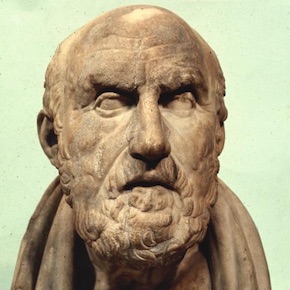
Don’t just think about it – how thoughts can be life’s actions
The ancient Greeks, and the Romans in their wake, loved to think. They were enchanted, startled and astonished by the world around them, not only by its wondrousness, but also by its terrifying vastness, inscrutable perils, its dark mysteriousness and unknowingness. They found a sense of thrill and exaltation in the perusal of magnitude and...
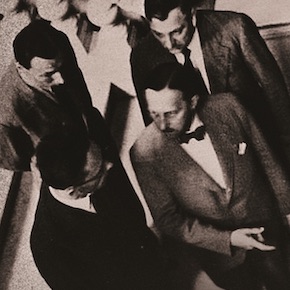
The rhinoceros in the room
In one of the most famous duels of elephantine minds, Bertrand Russell would challenge Ludwig Wittgenstein to concede that there was no rhinoceros in the Cambridge room that served as their legendary battleground (in a different version of the story, Russell claimed that the pachyderm to be located was a hippopotamus). The question, under ongoing...
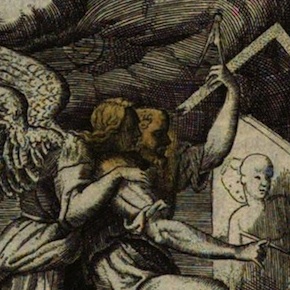
From heaven to earth
One of the most striking characteristics of Socrates, as we know him from Plato, Plutarch, Xenophon, Cicero or Diogenes Laertius, and the numerous, yet exasperatingly fragmentary sources that survive, was his talent for convincing his interlocutors of his utter ignorance of any subject – his signature style was to present himself to the unwary as...
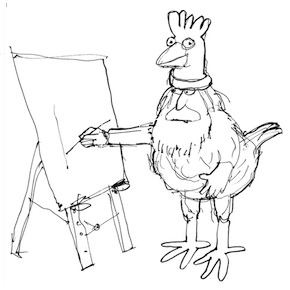
Don’t hurry over them
John Gaskin (he likes to write his first name with a soupçon of Hellenic omega in its spelling) is a rather extraordinary man. A banker quickly turned philosopher and academic, he has been lecturing and writing prolifically on almost all things ancient for more than half a century. Revered for his scholarship and mellifluous paeans...
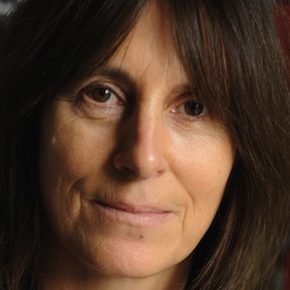
Laura Beatty: Insight and wonder
One comes away from meeting and talking with Laura Beatty with a combined sense of awe and the closest human affinity and immediacy. She possesses a formidable mind, a very composed and elegiac conversational style that one may only call a delicately poetic oral prose. The beginning of a thought or a sentence soon acquires...

